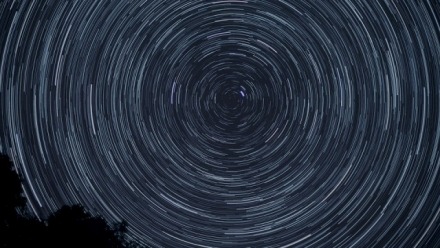Date and time
Thu 09 Aug 2018, 10 AM–1 PM
Location
Institute of Advanced Studies, UWA
Speaker
Professor Ann McGrath
Must ‘History’ commence with a clear date? This interdisciplinary masterclass will explore why dates matter – or don’t. We will consider the processes of periodization that take place in researching and writing histories. What is the power, if not the sovereignty of periodization? What is the difference between dating, chronologies and periodization, and how can such techniques be applied to the deep human past?
The study of Australian history is still dominated by studies that commence with the dates of European landings – such as 1616, 1770, 1788 and 1826. This reinforces the notion that ‘history’ begins with written records and European arrivals. Yet the idea of a people without history or that history only started with written text is surely impossible to sustain.
An expanding field of archaeology has focussed upon gaining the most reliable dates for evidence relating to the deep human past. Periodization, timelines, dates and chronologies are key tools which are generally understood as essential to the practice of scholarly history. But why are dates necessary, and what kind of ‘history’ work do they do? How do they become meaningful in rituals of nation, in the assertion of sovereignty, in denoting identity and political power?
Drawing upon the co-edited collection (with Mary-Anne Jebb) Long History, Deep Time and the film Message from Mungo, we will explore contrasting approaches to the temporality of the deep human past. Historian Daniel Smail, among others, has called for an end to the use of the term ‘prehistory’ (2005) and for an expanded historical discipline that goes beyond ‘sacred history’ to explore the full expanse of the human past. Others argue for transtemporal approaches. However, indigenous knowledge custodians, interpreters and narrators have raised the greatest challenges, having long questioned standardized notions of temporality. What kinds of methodologies might enable disciplinary growth beyond conventional and prescriptive temporal boundaries?


